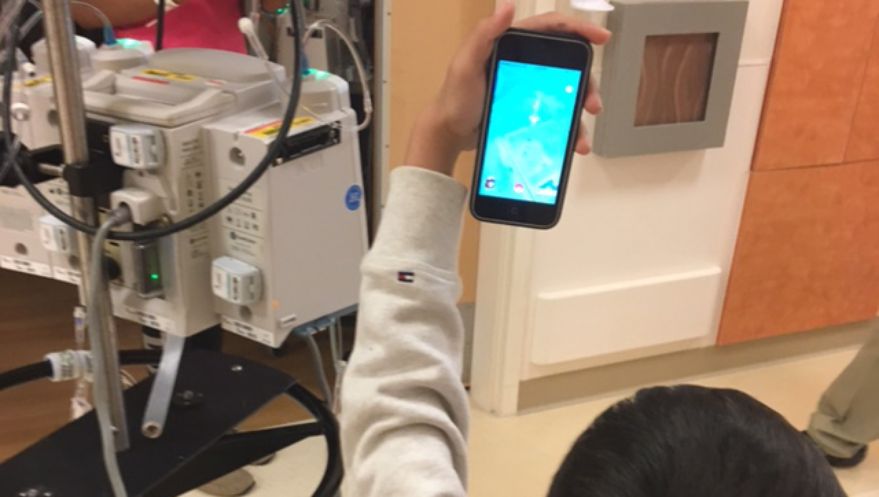The hugely successful Pokémon Go app has been hailed as an inadvertent boon for public health. An Augmented Reality game that gives the illusion of characters existing in the direct surroundings of a player, it requires users to travel around, often covering significant distances, to participate in even the most basic gameplay. Many healthcare facilities, however, see the game as a growing nuisance.
While some children’s hospitals are embracing Pokémon Go as a positive tool in working with their young patients, either to encourage healing mobility or simply to perk up drooping spirits, other institutions have felt obligated to actively discourage hunters of digital beasties.

(Image credit: University of Michigan Health System)
It was widely reported that Massachusetts General Hospital officials sent out a staff-wide email instructing personnel to refrain from playing the game, noting both that it was unprofessional and a potential threat to patient privacy. The latter possibility may be particularly concerning to administrators, as they’re still smarting from the recent acknowledgment that thousands of patient records were compromised in a data breach earlier this year.
Massachusetts General isn’t the only hospital closing its doors to obsessed game-players. Similar prohibitions have been put in place at medical facilities all over the U.S., from the Carolinas to Utah. Covenant HealthCare, in Saginaw, Michigan, issued a statement that read, “Our patients need their rest, and protection from germs. To ensure extraordinary care for our patients, Covenant prohibits entry into the hospital to hunt for Pokémon. Our security department and the local police have been alerted to this situation.”
Other hospitals have noted the influx of Pokémon Go players strains already limited parking areas needed for patients and their visitors. In the Quad Cities region on the Iowa-Illinois border, competitors Unity Point Health Trinity and Genesis Health System took the unusual step of issuing a joint statement that urges game participants to steer clear of their spaces.
Tonya Marion, the Regional Vice President of Human Resources at Springfield, Missouri’s Mercy Hospital, nicely summed up the dilemma for medical facilities coast to coast. Speaking to television station KYTV, she said, “It’s a little crazy to think there are virtual monsters around, but we hope that they leave soon.”




